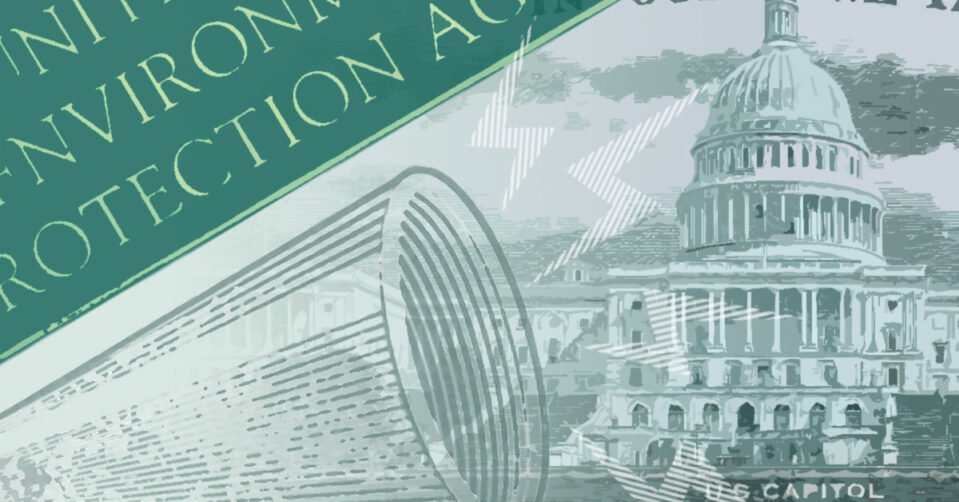A Call from Communities to Remove Barriers to Access EPA’s EJ Grants
Aleksandra "Sasha" George Ruiz (Former Legal Fellow for Environmental Justice*) / April 27, 2023

A wave of community-based and resident-led organizations recently submitted comments calling for the removal of systemic barriers to participation in the Environmental Protection Agency’s (EPA) Environmental and Climate Justice Block Grant Program. This program, created by the Inflation Reduction Act, provides EPA with funding to carry out environmental and climate justice activities to benefit disadvantaged communities. Congress appropriated $2.8 billion for financial assistance and $200 million for technical assistance to implement this new program, which EPA must award by September 30, 2026. But without thoughtful design there could be serious roadblocks to these funds reaching communities, particularly smaller organizations.
This roundup highlights calls to avoid two significant barriers that would broadly make it difficult for EPA to meet its Justice40 goals here.
Calls to Avoid a Cost-Share Matching Requirement. Some EPA programs require grant applicants to provide a “cost share” or match a percentage of the funds being allocated to the organization with non-federal contributions. EPA has not announced whether its EJ Block Grants will include cost-share requirements, and community groups are calling on EPA to avoid adding this hurdle. Community groups, including Native and Indigenous entities, named this matching requirement as a significant barrier in comments on the EJ Block Grants Program. The NDN Collective, an Indigenous-led nonprofit dedicated to building Indigenous power, and the Alaska Native Tribal Health Consortium, a statewide Tribal health organization serving 229 tribes in and surrounding Alaska, emphasized that matching requirements prevent many Indigenous organizations, especially those with smaller budgets, already leading the way in climate change solutions, mitigation, and adaption, from qualifying for these grants since they don’t have the capacity to match. The African American Alliance of CDFI CEOs explained that a matching requirement would only exacerbate environmental and climate injustices faced by residents of disadvantaged communities.
Calls to Provide Federal Technical Assistance with Applying to EPA Grants. The need for technical capacity to write grant applications has been another big hurdle with other EPA programs. As the Environmental Justice Health Alliance for Chemical Policy Reform and Coming Clean, the Climate Justice Alliance, and the Green New Deal Network explained, EPA should provide for this assistance in the EJ Block Grants and other EPA programs. These groups called on EPA to provide assistance like this automatically to any community groups working in disadvantaged communities or working with small organizational budgets. The Climate Strong Islands Network additionally called for grant advocates that act as liaisons on behalf of grantees within EPA. In addition to technical assistance with drafting and submitting the grant itself, Appalachian Voices and other communities called for more technical assistance for other aspects of grant management, including grant reporting requirements, reporting, budgeting, timekeeping, and pairing EJ Block Grants with other federal incentives. As it creates $200 million worth of technical assistance grants, EPA could focus on these accessibility issues.
Across multiple community comments, the ask is that EPA minimize or remove application requirements that act as prohibitions on smaller community entities from applying. Granting this request will help ensure that the groups representing the most marginalized residents and workers in their communities are the groups being funded in the name of EJ by EPA.
In seeking these comments, EPA was able to hear from community about how “[EPA’s] grant programs can work better for the communities that need this support the most” and redress systemic barriers to these EJ grants, an approach EPA has been mandated to implement in all of its programming under Executive Order 14091 on Further Advancing Racial Equity and Support for Underserved Communities Through the Federal Government. And many community members answered with clear requests to avoid adopting policies that serve as barriers to access across the board. The success of EJ Block Grants may depend on EPA’s efforts to redress these barriers.
